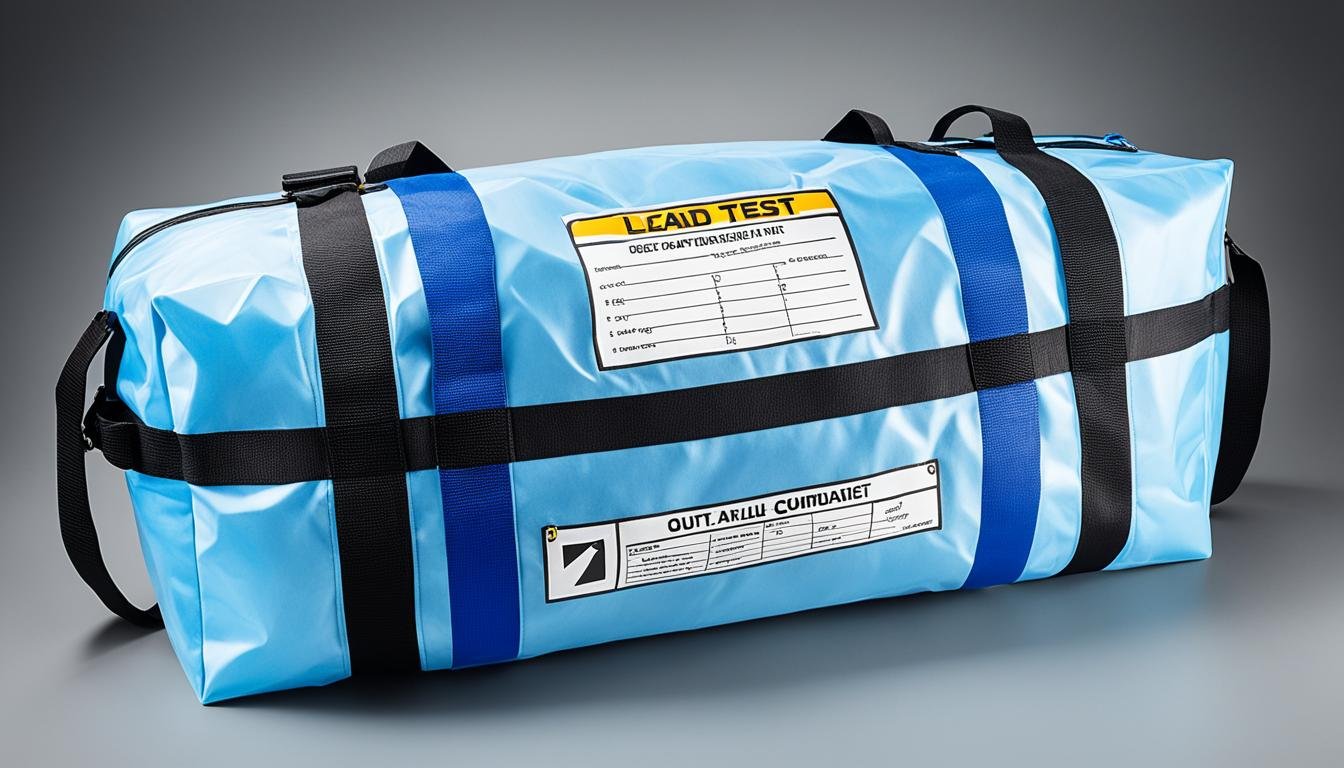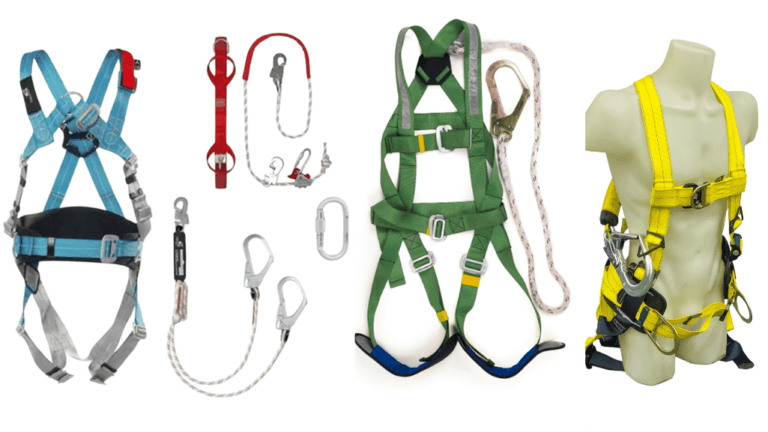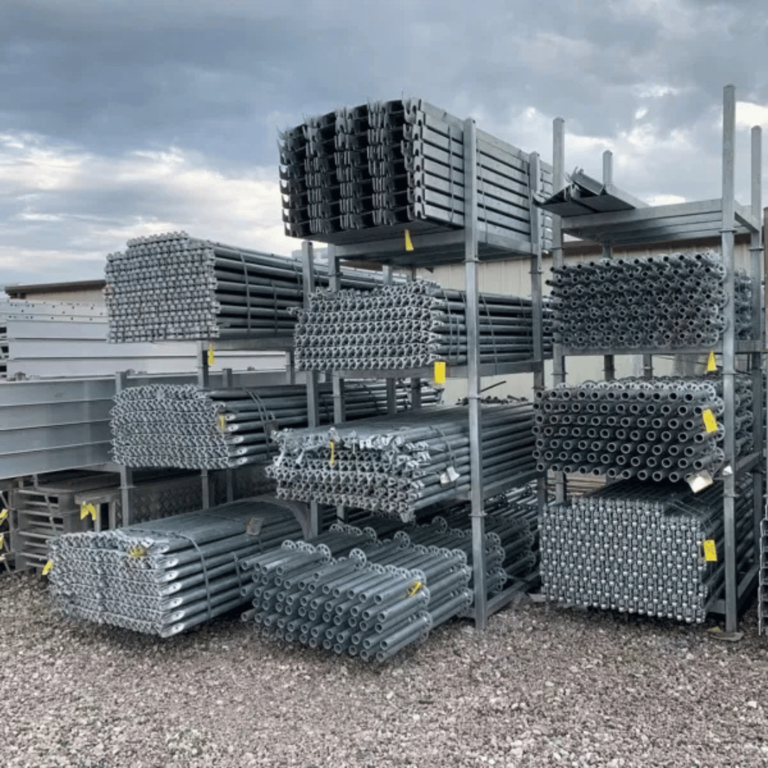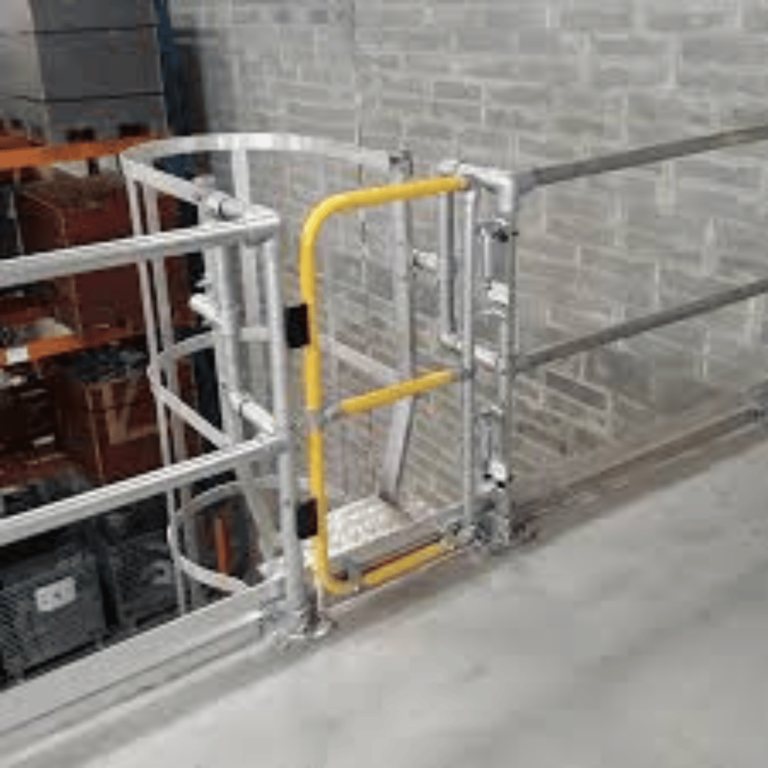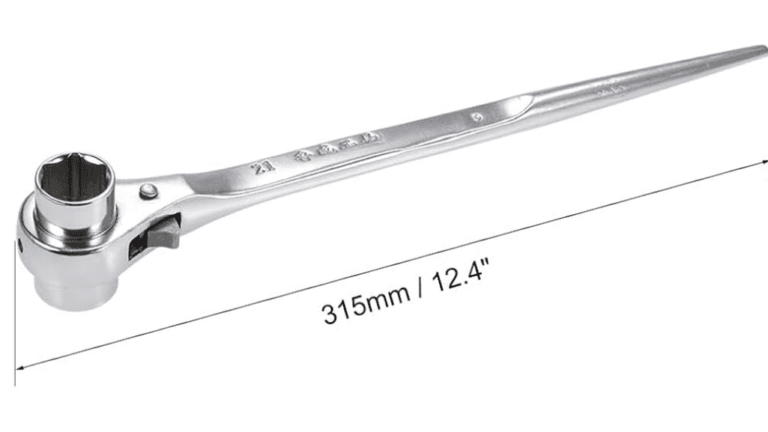Phone:
(+65)8319-0742
Load testing is an essential process to ensure the safety and compliance of lifting equipment and structures. One effective and reliable method for load testing is the use of quality load test bags. These heavy-duty bags are designed to simulate the weight of a load and provide a safe and convenient solution for load testing various equipment and structures. With their durability and high weight capacity, load test bags offer an efficient and cost-effective option for conducting load tests in industrial settings. They can be used for both new installations and periodic checkups or maintenance. Load test bags are an integral part of load testing equipment and accessories in the industry.
Key Takeaways:
- Load test bags are essential for ensuring safety and compliance in load testing.
- They provide a safe and convenient solution for testing lifting equipment and structures.
- Load test bags are durable and have a high weight capacity.
- They are cost-effective and can be used for new installations and maintenance.
- Load test bags are widely used in various industries for load testing applications.
Water Filled Weight Bags - An Innovative Load Testing Solution
Water filled weight bags have gained recognition worldwide as an effective and safe solution for load testing. These bags provide an easy, accurate, and cost-effective method for load testing all types of lifting equipment. By gradually filling the bags with water, **potential problems** can be identified before reaching maximum load weight. Water filled weight bags offer several advantages over traditional solid weights, including safety, convenience, and high efficiency. They are manufactured with premium quality PVC coating fabric and comply with industry guidelines. With their flexibility and resistance to heavy loads, water filled weight bags are transforming the load testing process in various industries.
Advantages of Water Filled Weight Bags
- Safety: Water filled weight bags provide a safer alternative to solid weights as they prevent shock-loading and comply with safety regulations.
- Convenience: The process of filling the bags with water is convenient and easy to execute, saving time and effort in load testing operations.
- High Efficiency: Water bags allow for targeted load testing by gradually increasing the weight, enabling the identification of potential issues at different load levels.
- Durability: The use of premium quality PVC coating fabric ensures the bags’ durability and resistance to heavy loads.
- Cost-Effective: Water filled weight bags are a cost-effective solution compared to solid weights, both in terms of initial investment and transportation costs.
- Industrial Application: These bags are suitable for various industries that require load testing, including construction, oil and gas, manufacturing, and maritime.
Water filled weight bags offer a versatile and reliable load testing solution that meets the demands of modern industrial environments. Their innovative design, safety features, and practical benefits have made them an increasingly popular choice among professionals in the field. Whether it’s ensuring compliance with safety standards or assessing the load capacity of lifting equipment, water filled weight bags are an essential tool for efficient and reliable load testing.
| Advantages of Water Filled Weight Bags | Traditional Solid Weights |
|---|---|
| Safety | Limited safety features, may cause shock-loading |
| Convenience | Require manual lifting and positioning, more time-consuming |
| High Efficiency | Difficult to simulate gradual load increase, limited load testing accuracy |
| Durability | Prone to damage and wear over time |
| Cost-Effective | Higher cost, especially for transportation and storage |
| Industrial Application | Limited versatility, not suitable for all industries and environments |
Key Characteristics of Water Bags for Load Testing
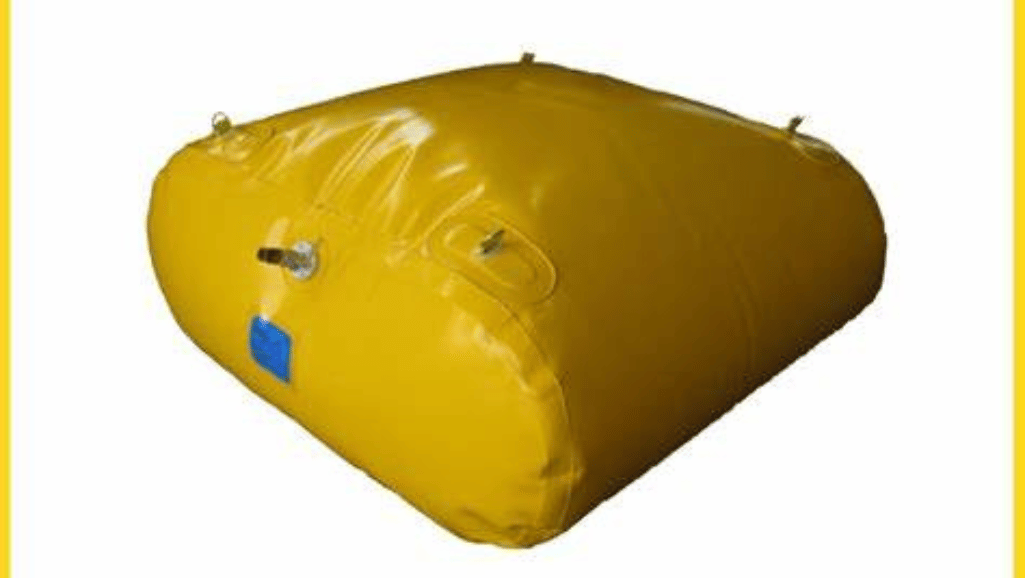
Water bags for load testing offer unique characteristics that make them an ideal choice for load testing applications. These durable load bags are designed with high-quality PVC coating fabric, ensuring flexibility and resistance to heavy loads, making them safe and reliable for load testing operations.
Enhanced Safety
Water bags provide greater safety compared to traditional solid weights. They prevent shock-loading during load tests, reducing the risk of accidents or equipment damage. Compliance with safety regulations ensures a secure load testing process, prioritizing the well-being of personnel involved.
Efficiency and User-Friendliness
Load testing equipment needs to be easy to use while maintaining accuracy. Water bags require minimal training and safety measures, making them highly efficient in load testing operations. Their user-friendly design allows for quick setup and implementation, saving valuable time and resources.
Economic Benefits
Water bags offer substantial economic benefits compared to solid weights. In terms of initial investment, water bags are more cost-effective, providing a budget-friendly solution for load testing requirements. Additionally, their lightweight nature reduces transportation costs, ensuring efficient logistics.
Customization and Versatility
Load testing requirements vary depending on the equipment and structure being tested. Water bags can be customized to meet specific load testing needs, ensuring adaptability and versatility in the testing process. Their ability to accommodate different load capacities makes them a suitable choice for a wide range of applications.
Summary of Key Characteristics
| Characteristics | Description |
|---|---|
| Enhanced Safety | Prevent shock-loading and comply with safety regulations |
| Efficiency and User-Friendliness | Easy to use with minimal training and safety measures |
| Economic Benefits | Cost-effective in terms of initial investment and transportation |
| Customization and Versatility | Customizable for specific load testing requirements |
Water bags for load testing combine safety, efficiency, versatility, and cost-effectiveness, making them an excellent choice for load testing applications. Their key characteristics ensure reliable and accurate load testing results, promoting safety compliance and quality assurance.
How to Conduct Load Testing with Water Bags
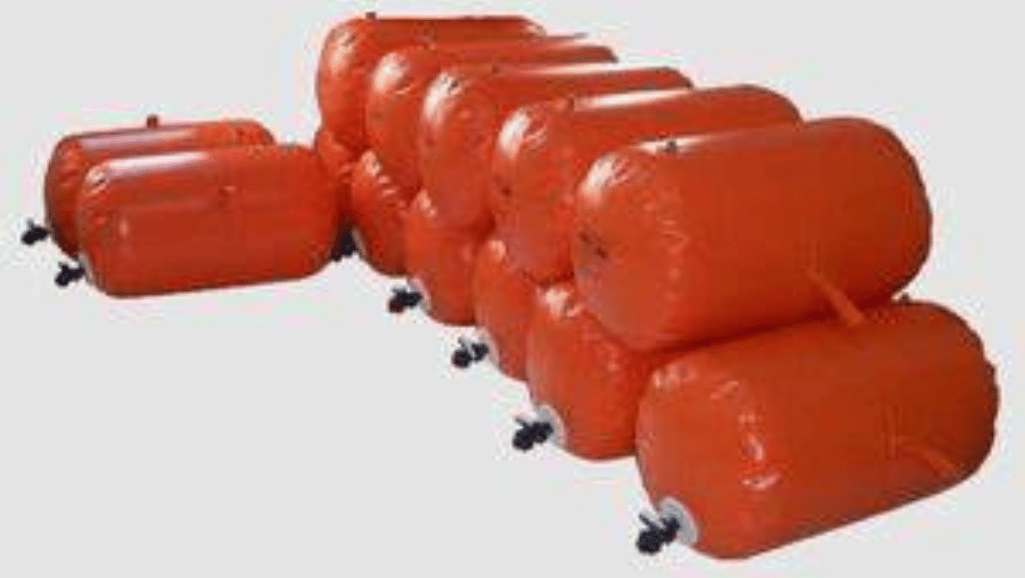
Conducting load testing with water bags requires proper understanding and adherence to the testing process. Before load testing, it is important to ensure that the equipment is in optimal condition and the testing area is free from any potential hazards. The load testing operation involves securely connecting the water bags to the lifting equipment, gradually filling the bags with water while ensuring proper balance and positioning, and reaching the desired load weight. After the load test is complete, the water is drained from the bags and the equipment is safely disconnected. Following safety rules, such as carefully reading instructions, inspecting the bags for any damage, and avoiding exceeding the set capacity, is crucial for a successful load testing operation.
Load Testing Process Using Water Bags
- Inspect the lifting equipment and test area to ensure optimal condition and safety.
- Securely connect the water bags to the lifting equipment, following manufacturer guidelines for attachment.
- Gradually fill the water bags with water, ensuring proper balance and positioning to simulate the desired load weight.
- Monitor the bags during the filling process to maintain stability and prevent overloading.
- Once the desired load weight is reached, evaluate the performance of the equipment under the simulated load.
- After the load test is complete, drain the water from the bags according to manufacturer instructions.
- Safely disconnect the water bags from the lifting equipment.
By following these steps and adhering to safety guidelines, load testing with water bags can be conducted effectively and efficiently, ensuring the safety and compliance of lifting equipment and structures.
Advantages of Water Bags for Load Testing
Using water bags for load testing offers several advantages over traditional load testing methods. Firstly, water bags can be rolled up and packed into containers, making them highly portable and cost-effective for transportation. The application of test loads occurs gradually as the bags are filled with water, preventing shock-loading and allowing early identification of any technical issues.
Water bags allow for an infinite number of test loads, providing versatility to meet the unique requirements of different equipment. They are trusted and certified by major organizations, ensuring their safety and effectiveness in load testing applications.
Additionally, water bags eliminate the need to lower the test load in hazardous areas and offer ease of operation and maintenance.
Conclusion
Load test bags are an essential component of load testing equipment, providing a reliable and cost-effective solution for ensuring safety and compliance in various industries. These durable and high-capacity bags, commonly known as heavy duty testing bags, have revolutionized the load testing process with their innovative design and key characteristics. With their flexibility and resistance to heavy loads, load test bags, such as the durable load bags we offer, have become the preferred choice for load testing applications.
Water filled weight bags, a type of load test bag, have gained recognition as an efficient load testing solution. These bags offer several advantages over traditional solid weights, including safety, convenience, and high efficiency. Manufactured with premium quality PVC coating fabric, our load testing accessories, including load testing products such as these water bags, comply with industry standards to ensure optimal testing performance.
Whether it’s for new installations or periodic maintenance, load test bags are an integral part of the load testing process. They offer a convenient and reliable solution for achieving safety and compliance in load testing operations. With their durable construction and high weight capacity, load test bags provide the necessary support to simulate the weight of a load accurately.
FAQ
What is load testing?
Load testing is a process used to ensure the safety and compliance of lifting equipment and structures by simulating the weight of a load.
What are load test bags?
Load test bags are heavy-duty bags designed to simulate the weight of a load and are used to conduct load testing on various equipment and structures.
What is the purpose of load test bags?
Load test bags provide a safe and convenient solution for conducting load tests in industrial settings, ensuring the safety and compliance of lifting equipment.
What are water filled weight bags?
Water filled weight bags are bags that are gradually filled with water to simulate the weight of a load and are used for load testing all types of lifting equipment.
What are the advantages of water filled weight bags?
Water filled weight bags offer advantages such as safety, convenience, and high efficiency in load testing operations, and they comply with industry safety regulations.
How do you conduct load testing with water bags?
Load testing with water bags involves securely connecting the bags to the lifting equipment, gradually filling them with water, and ensuring proper balance and positioning.
What are the key characteristics of water bags for load testing?
Water bags are made with high-quality PVC coating fabric, providing flexibility and resistance to heavy loads, and they offer greater safety compared to traditional solid weights.
What are the advantages of using water bags for load testing?
Water bags are highly portable, cost-effective for transportation, offer ease of operation and maintenance, and allow for an infinite number of test loads.

